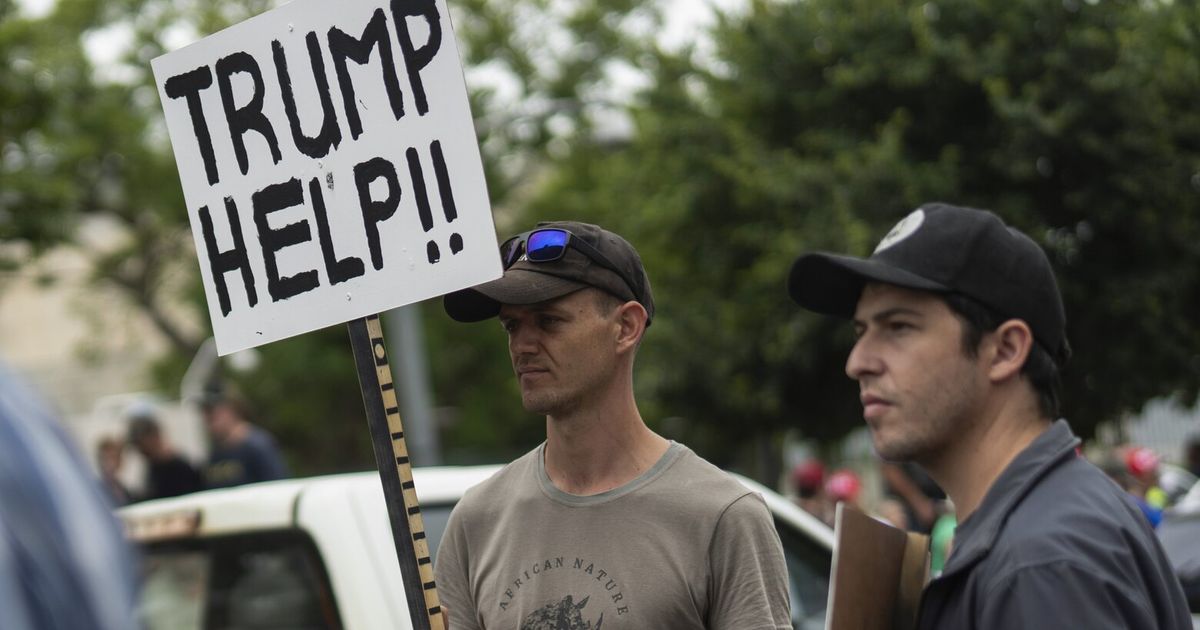Episcopal Church Declines to Assist in Resettlement of White South African Refugees in the U.S.
In a move that has sparked public debate and drawn global attention, the Episcopal Church in the United States has officially stated that it will not participate in the resettlement of white South Africans who have been granted refugee status in the U.S.
The declaration came after a number of immigration cases surfaced involving white South African farmers who claim to be fleeing racially motivated violence and persecution in their home country. Some of these cases were reportedly approved under refugee or asylum protections by U.S. immigration authorities.
Despite the legal recognition of these individuals as refugees, the Episcopal Church—which has historically played a strong role in refugee resettlement through partnerships with federal agencies—clarified its position, citing a focus on supporting the most vulnerable and marginalized populations globally. Church leaders emphasized that while their humanitarian mission remains strong, their resources are directed toward communities facing systemic discrimination, displacement from conflict zones, and chronic poverty.
In a statement released by a spokesperson, the Church noted:
> “Our resettlement efforts prioritize those who are most in danger due to war, oppression, and systemic inequality. At this time, our mission focus remains on refugee populations in dire need, including those from Syria, Afghanistan, South Sudan, and Central America.”
Critics have accused the Church of politicizing humanitarian aid, while supporters argue that the decision aligns with its long-standing values of racial justice and equity. The controversy has also reopened broader conversations about racial dynamics in South Africa, especially regarding land reform and post-apartheid justice.
The Episcopal Church is part of the Episcopal Migration Ministries (EMM), one of nine organizations authorized by the U.S. State Department to help with refugee placement. Their current work includes assisting thousands of displaced individuals and families from high-conflict regions.
As the global refugee crisis continues, with over 100 million forcibly displaced people worldwide, faith-based and humanitarian organizations are increasingly called to make difficult decisions about where to allocate their limited resources.
Source : Swifteradio.com


